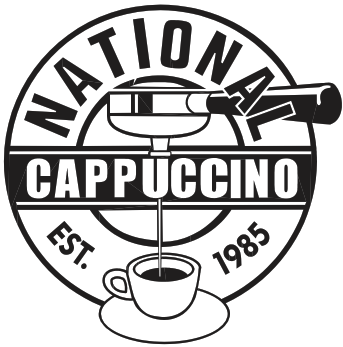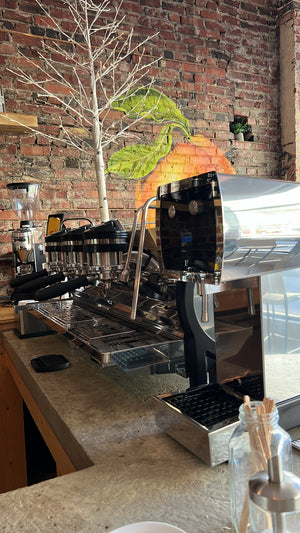There is no "best" option between a traditional espresso machine and a fully automatic machine, as the choice between the two depends on the individual's needs and preferences.
If you enjoy the process of making espresso and want to have control over the brewing process, a traditional machine might be the better choice for you. On the other hand, if you prioritize convenience and ease of use, a fully automatic espresso machine might be a better fit.
The main difference between a traditional and fully automatic espresso machine is the level of automation in the brewing process. They also differ in terms of their design, functionality, and ease of use.
Traditional espresso machines require more manual effort and skill to use. They consist of a group head, a portafilter, a boiler, and a steam wand. The user must grind the coffee beans, tamp the grounds into the portafilter, and manually pull a lever or press a button to extract the espresso shot. The user must also froth the milk separately using a steam wand. This process requires skill and practice to achieve consistent and high-quality results. Traditional machines allow for more control over the brewing process and can produce a higher quality shot when used by a skilled barista. This control can lead to a greater understanding of espresso and the ability to produce a more customized cup. They often have a more classic, traditional design and are favored by experienced baristas and coffee enthusiasts.
Fully automatic espresso machines are designed for ease of use and convenience, automating many of the steps involved in making espresso. They have built-in grinders, automated dosing, tamping systems, and programmable settings for the brewing process. They also include milk frothing system, which froths and dispenses milk automatically. The user simply selects the desired drink, and the machine takes care of the rest. Fully automatic machines are often used in commercial settings where speed and consistency are important.
Ultimately, both types of machines can produce high-quality espresso, so the decision comes down to personal preferences, level of skill, and intended use. Traditional machines are favored by coffee purists and those who enjoy the hands-on process of brewing espresso, while automatic machines are popular for their convenience and consistency. It's important to do your research, read reviews, and consider all the factors before making a purchase.

